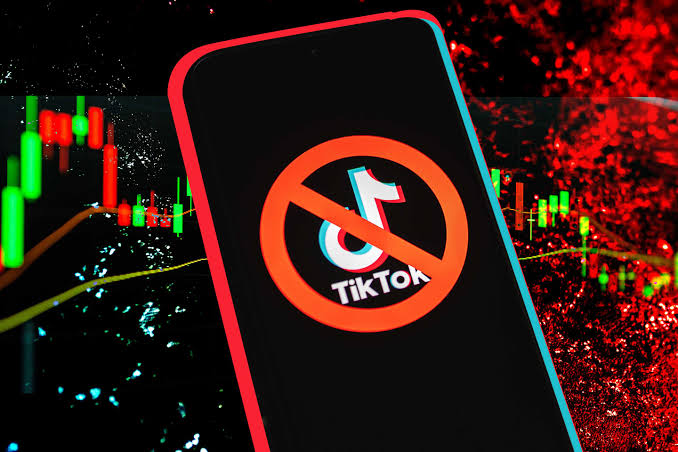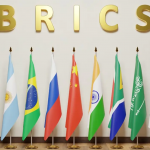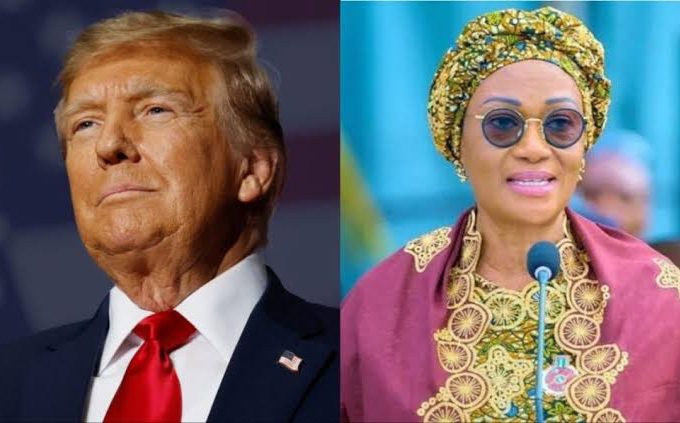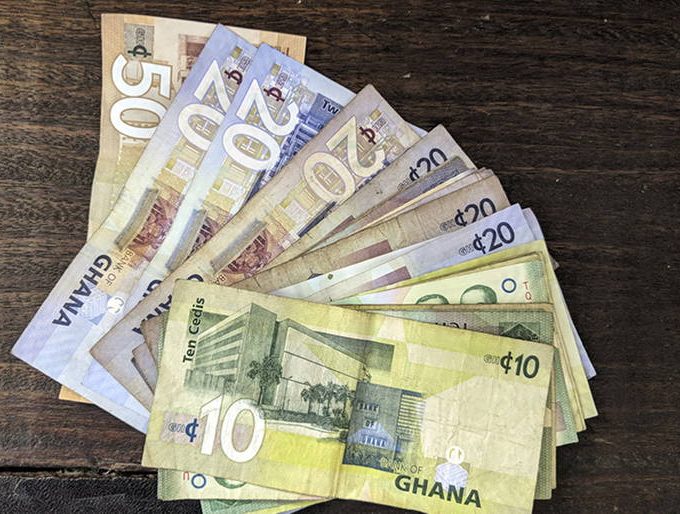
14 Nations Enforce TikTok Bans, USA Decision Pending Over Data Security Concerns

The crux of the matter lies in the implementation of China’s Data Security Law in 2017, mandating companies to surrender personal data relevant to the nation’s national security—a policy sparking global controversy and leading to the restriction of TikTok in numerous countries.
While many governments have opted for a complete ban on the app, others, including international bodies like the European Commission and NATO, have imposed stringent guidelines and legislation to curb its usage due to security apprehensions.
Countries that have enacted limitations on TikTok usage include:
• Afghanistan
Following the Taliban’s assumption of power in 2022, the app was banned due to its content’s inconsistency with Islamic laws, according to Taliban spokesman Inamullah Samangani.
• Australia
The government prohibited TikTok on all federal government-owned devices in 2023, citing security concerns raised by the Department of Home Affairs regarding potential data exposure to China’s ByteDance.
• Belgium
The Belgian government restricted TikTok usage on government work phones and devices due to concerns over ByteDance’s ties with the Chinese government, as stated by Prime Minister Alexander De Croo.
• Canada
In 2023, the Canadian government banned TikTok on government-issued devices, citing unacceptable privacy and security risks, exacerbating tensions between Canada and China.
• Denmark
While Denmark’s government hasn’t officially declared a ban, major agencies like the Defense Ministry and universities have prohibited TikTok usage due to espionage risks, prompting staff to delete the app.
• India
In response to data privacy and national security concerns, India imposed a nationwide ban on TikTok and other Chinese-affiliated apps in 2020, coinciding with a border altercation with China.
• Nepal
The Nepalese government banned TikTok in 2023, citing its role in spreading harmful content detrimental to social harmony, prompting the Nepal Telecommunications Authority to block the app.
• The Netherlands
Concerned about offensive cyber programs from China, the Dutch government prohibited TikTok usage on government devices and planned stringent measures to control app installations.
• New Zealand
Parliament banned TikTok usage on staff devices in 2023, aligning with expert analysis and international discussions on security implications.
• Norway
Following security concerns raised by intelligence services, Norway’s parliament banned TikTok on governmental devices in 2023, in line with earlier restrictions on ministers and officials.
• Somalia
TikTok was banned in Somalia in 2023 due to fears of terror-related content dissemination, reflecting broader efforts to curb indecent material and propaganda.
• Taiwan
The Taiwanese government banned Chinese-made software, including TikTok, in 2022 amid suspicions of illicit subsidiary operations.
• United Kingdom
Joining allies in restricting TikTok on government-owned devices in 2023, the UK cited cybersecurity reviews and actions by international partners.
• United States
While not officially banned, TikTok faces scrutiny and potential restrictions following investigations into data privacy and security concerns, initiated by the FBI and DOJ.
• Italy
Facing fines and regulatory scrutiny, TikTok in Italy received a €10 million penalty for failing to safeguard users from harmful content, highlighting ongoing efforts by European nations to address platform safety.
The global response underscores mounting apprehensions regarding TikTok’s data practices and its connection to China’s ByteDance, signaling ongoing efforts to safeguard privacy and security in the digital age.
Read: BRICS Maintains focus on Currency and Payment System Development
About The Author
Related Articles
As Death Toll Rises in Kwara and Katsina, US Troops Arrive and Trump Applauds Remi Tinubu
More than 200 Nigerians have been killed in a wave of attacks...
ByWest Africa WeeklyFebruary 7, 2026Ghana Records Lowest Inflation in Five Years
Ghana’s inflation has fallen to its lowest level in five years, offering...
ByWest Africa WeeklyFebruary 6, 2026Rebel Group Targets Kisangani Airport in Escalation of Congo Conflict
A rebel coalition in the Democratic Republic of Congo has claimed responsibility...
ByWest Africa WeeklyFebruary 6, 2026Ghana to Rename Kotoka International Airport
Ghana’s government is preparing to rename the country’s main international gateway, Kotoka...
ByWest Africa WeeklyFebruary 4, 2026











